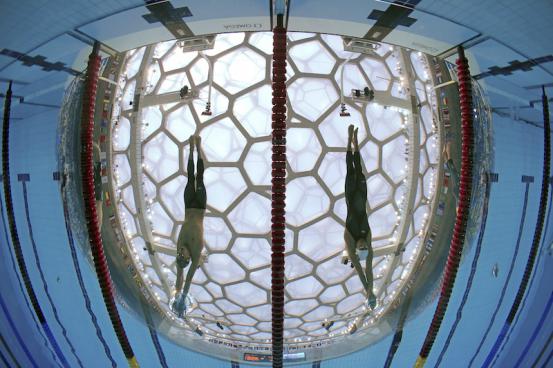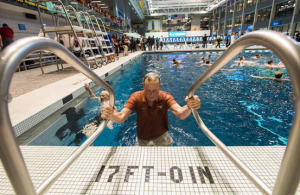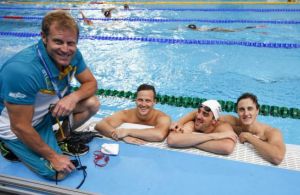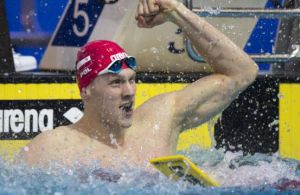- Commissioner’s statement on Ventura, Marte
- Ronnie O’Sullivan: Masters champion ‘felt so vulnerable’ in final
- Arron Fletcher Wins 2017 WSOP International Circuit Marrakech Main Event ($140,224)
- Smith challenges Warner to go big in India
- Moncada No. 1 on MLB Pipeline’s Top 10 2B Prospects list
- Braves land 2 on MLB Pipeline’s Top 10 2B Prospects list
- Kingery makes MLB Pipeline’s Top 10 2B Prospects list
- New Zealand wrap up 2-0 after Bangladesh implosion
- Mathews, Pradeep, Gunathilaka to return to Sri Lanka
- Elliott hopes for rain for Poli
Is Russia ‘too big to ban’? June 17, The Day That Changed The Olympic Movement
- Updated: May 30, 2016

Editorial
The propaganda machine called masquerade has been on the move for a while now, making its way past the scandalous and the shameful with the skill of water round rocks. And yet and yet, judgment day is nigh, not only for Russian track and field but the entire Olympic Movement, its partners and sponsors and the broadcasters who must decide whether the show that must go on sells or stinks to high heaven.
A season of big political decisions that speak to the power of the public to shift events.
June 23 in Britain and Brexit vote will rock the political world in Europe and the UK one way or another, regardless of the count of negatives that some see as positives.
June 17 and it will be the negative in the positive that the world will be watching for: can Russian track and field really be considered ready to return to Olympic competition? The balance of argument stacks up to a big no – but will that be the case with the IOC and its backers, the flow of funds streaming all the way to the Kremlin and down a tributary to NBC and very different interests?
The weekend brought a small news round-up on the news service of TASS, the Russian state news agency. It confimed that eight Russian athletes were among the 23 doping positives from the retesting of samples from the London 2012 Olympic Games.
That was on top of the 14 out of 31 retest positives from Beijing 2008. Testers catching up? Perhaps so, after long having been perceived to be behind the curve and pace of cheats when it comes to finding banned substances more often uesed than detected – if cases from Armstrong to Jones and on to pool and lake, track and gym are anything to go by (and they are).
Russia’s Olympic Committee issued a statement on Saturday to say: “The International Olympic Committee officially notified Russia’s Olympic Committee that doping samples taken during the 2012 Olympic Games in London return positive for eight Russian athletes in three different sports along with other foreign athletes in result of re-examination of doping tests A.”
Today brings this from Tass:
Statements made earlier in the month by ex-head of Moscow anti-doping laboratory Grigory Rodchenkov on alleged doping abuse by Russian athletes at 2014 Olympics are false, Sports Minister Vitaly Mutko said on Monday. “Any attempt to open a [doping] sample cannot go unnoticed,” Mutko said during the “Pozner” television talk show on Russian Channel One. “It is simply impossible and every stage [of doping test] was not under our control. I cannot confirm his [Rodchenkov’s] allegations. The government was not involved in it.” In an interview with New York Times, ex-head of Moscow anti-doping laboratory Rodchenkov claimed that an unnamed official from the Russian Sports Ministry used to send him lists of national athletes, whose doping samples he had to substitute during the 2014 Sochi Olympics. Rodchenkov also said that he developed a special cocktail consisting of three banned doping substances intended for the national athletes at the home Winter Olympic Games two years ago. The Russian Olympic team finished top of the medals with 13 gold, 11 silver and 9 bronzes, surpassing its previous Winter Olympics record of 11 gold medals, set at the 1994 Winter Games in Lillehammer, Norway.
Add to that the Russian whistle-blowers who found the courage to come forward with evidence of shadow laboratories, tampering by state intelligence officers and swapped …
continue reading in source www.swimvortex.com



